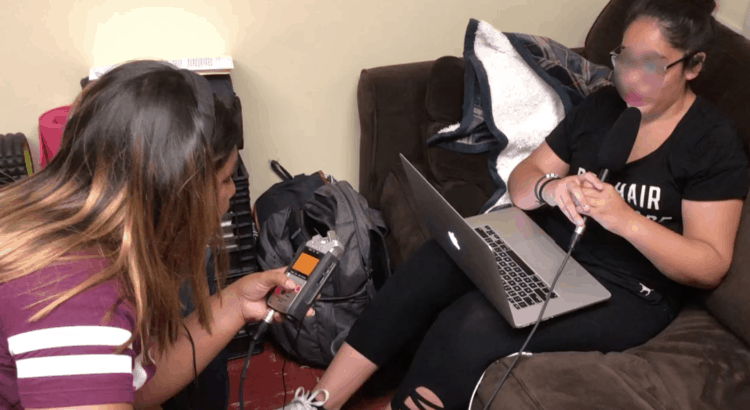(Inbox-friendly link to episode.)
This is the pilot episode of Faith-Adjacent, a podcast about my ongoing dissertation research at Teachers College, Columbia University. I prepared it both to launch the eventual series itself and to share at the Ethnography and Education Forum February 22-23 at the University of Pennsylvania. For more context, read the brief narrative at the end of these show notes.
You can see slides from a more traditional academic presentation of this research at prayr.cc/space-heard. The photo Lauren talks about is in slide 5.
Learn more about digital storytelling at storycenter.org. Learn more about me and subscribe to my Learning, Faith, & Media Newsletter at kyleoliver.net.
References and further reading:
Ackermann E. K. (2007) Experiences of artifacts: People’s appropriations / objects’ “affordances”. In: Glasersfeld E. (Ed.) Key works in radical constructivism* (pp. 249–259). Rotterdam, The Netherlands: Sense Publishers.
Hess, M. E. (2012). Mirror neurons, the development of empathy, and digital story telling. Religious Education, 107, 401–414.
Lambert, J. (2012). Digital storytelling: Capturing lives, creating community*. New York, NY: Routledge.
* Full disclosure: Affiliate link.
As many of you know, I’m in the process of framing and proposing my dissertation.
I study with educational ethnographer Lalitha Vasudevan and am living into an ethnography practice based on a framework she and her colleagues call “research pedagogies.” Basically the idea is to take a participatory and multimodal stance to “embedded” research.
I hang out. I ask a lot of questions. I teach and facilitate media production. I care (always “about” and sometimes “for”) the people I meet.
Last summer I conducted a pilot study in a faith-adjacent setting, a sort of test drive for the approach I’m hoping to take. I wrote a really long paper about it and presented data and analysis at the Religious Education Association annual conference.
But even good academic papers can be excruciating, and they often require jumping through theoretical hoops that kind of systematically deter practitioners from reading them.
Moreover, my research is all about making meaning in the midst of making media. I spent the better part of a week transcribing hours of audio recordings from the pilot, plus I have the media my participants created themselves.
This seemed like a good opportunity to try something different.
So a couple weeks back, I presented at the Ethnography in Education Forum in Philadelphia a short pilot episode of a podcast I’m calling Faith-Adjacent. It’s a show about media, meaning, and what we used to call religious education (and currently call faith formation, and will probably be calling something else as church and society continue their inevitable march of change).
I’ve got at least some sense of where I’m heading with this, but I don’t want it to just be “the podcast version of my pilot study write-up” (and soon of the dissertation itself). So I welcome your feedback on this short piece of media, which is already pretty high on the list of things I’m proud to have made.
Please let me know what you think!
